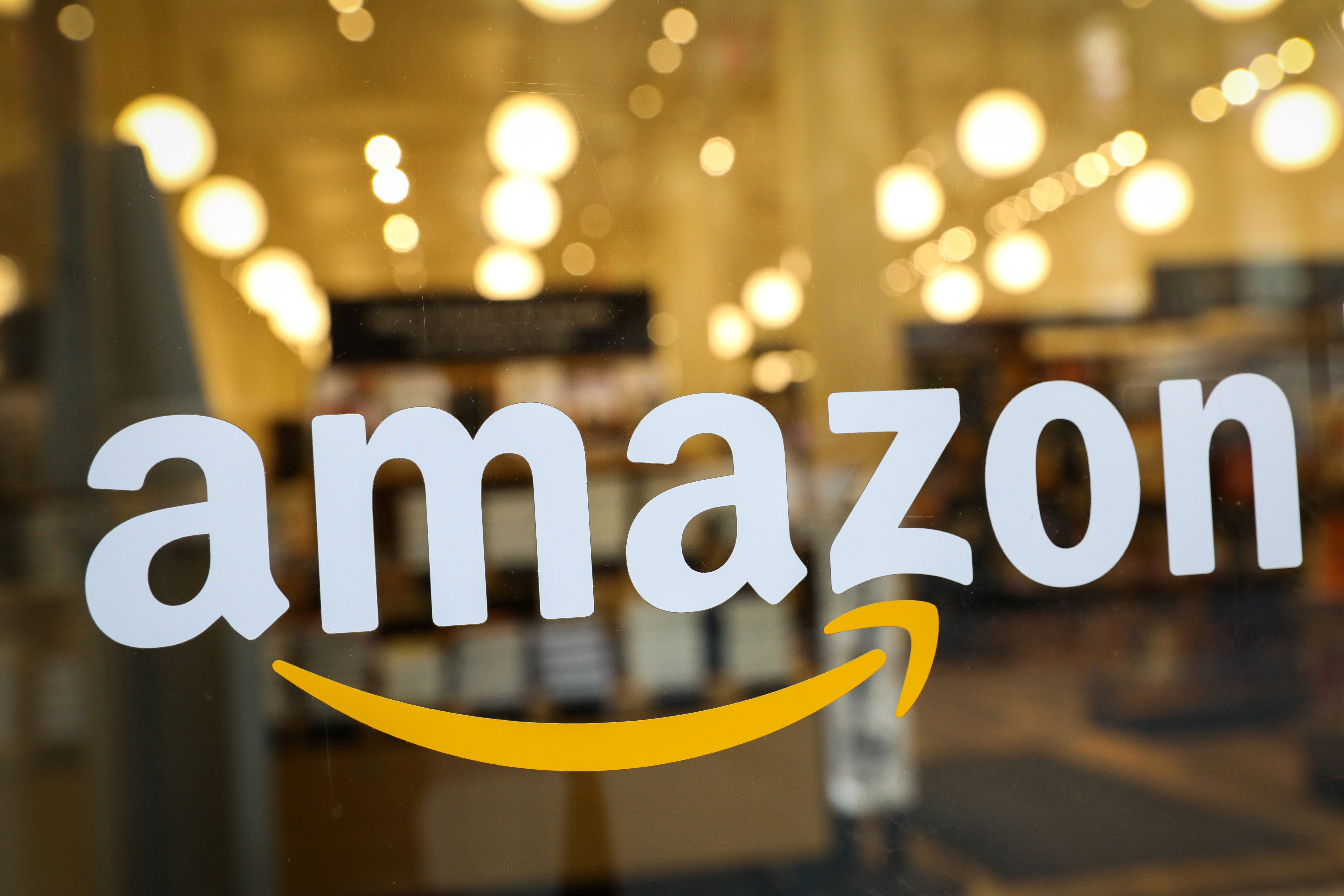- Amazon charges third-party sellers as much as $5,000 per month to gain access to a dedicated customer-service person under its management growth program.
- A Washington Post report detailed how sellers who don’t pay into this system could be left without access to immediate help when relying on Amazon’s automated customer-service channels to deal with issues like fraud.
- Sellers and former employees told The Post that Amazon is focused on increasing profits at the expense of sellers.
- Visit Business Insider’s homepage for more stories.
Amazon charges third parties who sell goods through its online marketplace as much as $5,000 per month to access its optional management-growth service, Jay Greene at The Washington Post reported on Tuesday. The service guarantees quick help from a real person, according to The Post, and deciding not to pay can have devastating effects on sellers’ businesses, especially in instances where quick customer support is required.
The article talked about Jeff Peterson, an Amazon seller in California who did not opt to pay for the service. Peterson’s account was hacked, and he said he called Amazon’s support line, its customer service number, and emailed Jeff Bezos himself, but nothing worked, and he was left helpless as fraudulent orders and negative reviews poured in. It was over three weeks before Peterson was able to access his account again, according to The Post.
Amazon asks its 2.5 million sellers to pay into an expensive monthly service to guarantee fast help from a customer-service rep, which Peterson had not done. Amazon promotes this option as strategic account services, where it says you will be assigned an account manager and “receive personalized coaching and mentoring to help you stay competitive and leverage our team to assist with time-consuming tasks so you can concentrate on growing your business.”
Without paying into this program, Amazon still offers customer service to sellers, but without the dedicated account manager who could solve problems that appear before they blow up. An Amazon seller of seven years, Sanjay Chandiram, told The Washington Post that it could be almost impossible to get support help from the mostly automated Amazon systems, so he pays for the service. According to Amazon, 90% of phone calls are answered by the support team within 90 seconds.
Some sellers said that Amazon's role as both a marketplace operator and retailer creates a system that hurts them, where only a few can succeed by paying a premium to the company. The Washington Post reported that for products from third-party sellers, up to 35 cents of every dollar goes back to Amazon.
In a statement to Business Insider, an Amazon spokesperson said, "Sellers have full control of their business and make the decisions that are best from them, including the products they choose to sell, pricing, and how they choose to fulfill orders."
The spokesperson also clarified that sellers were required to pay only the monthly fee and referral fee, and other fees for additional services are optional.
Amazon's treatment of third-party sellers has drawn interest from government entities as a potential conflict of interest. The Washington Post reported that the Federal Trade Commission, which oversees Amazon, has been reaching out to sellers to learn more about the practice. Amazon's role as both a product platform and seller of its own products has also prompted a European Union investigation.
The company has disputed accusations of hurting third-party sellers. In his annual letter to shareholders, Bezos wrote, "Third-party sellers are kicking our first party butt. Badly." In 2018, third-parties sold 58% of all merchandise on the website, according to The Washington Post.

